Council looks to commerce sector to boost rates take
By Ray Lilley
Most urban property owners in South Wairarapa’s three main towns face raties changes of just a few dollars a week under changes for their residential properties from the council’s planned move to capital value rating from land value.
But the council’s own workings are based on data from the current rating system, with a brand new rates level to be struck for every South Wairarapa property before July 1 – which will use capital value as its basis.
The bigger rates rises likely will impact rural commercial properties, notably vineyards operating cellar doors, rural accommodation providers and multiple houses, flats or villas located on a single town “rating unit.”
Council officers drew up examples of the impact the rating change move to capital value would have, and released thirteen pages covering 28 property types to The Star under an Official Information Act request.
The examples take no account for any change in those values at the next valuation update from Quotable Value, or any rates increase for 2024-2025
In mid-November councillors were advised some 200 pages of comparisons had been drawn up covering “every property” in the district, but only a small portion of that total has been released.
The comparisons are based on current property values across the district, which are expected to change when QV (Quotable Value) releases updated valuations for all properties after April 17 (The Star, Feb. 2024 p22). The new rates year will also see council lift all rates. Greater Wellington Regionasl Council levies will also be added on top.
Some of the detail from the workings includes:
*Lower-value residential properties in all three main towns face weekly rate reductions of -$4.00 – -$6.00, or between -$317.00 and -$207.00 a year, before the revaluation and before the new rate levels are set.
*Average value residential properites in the three main towns under the new valuation system using current values will see weekly rate cuts between -$1.00 and -$5.00, or between -$133 (Martinborough) – $255 (Featherston) annually. Greytown has a -$30.00 annual reduction.
* High-end residential properties in the three towns will see a weekly change of between -$4.00 and +$3.00 or an annual difference of between -$187 (Featherston) +$182 (Greytown), and +$45 Martinborough.
The example higher-value property in Featherston is currently valued at $755,000, in Greytown at $1.23 million and Martinborough at $1.1 million.
Only one example of commercial properties is given for each town, all are “average-value” and all show rates increases. In Featherston the weekly increase (on current valuation) is +$13.00 or +$697 a year; in Greytown it’s +$43.00 a week, or +$2,254 annually and in Martinborough +$33.00 a week, an annual increase of +$1,708.00
Average value rural “lifestyle” properties used in the modelling are split between properties without water, sewage and refuse services and those with access to all three.
For the “no services” example rural block, valued at $1.2 million, the weekly rates increase $2.00, while the annual bill rises by $119.00.
The rural lifestyle block with access to the three services and currently valued at $1.55 million, would face a $6.00 weekly rates rise, or $336.00 a year. Remember, the figures are based on current values, not the updated QV property values due in April.
Rural “residential” properties with and without key council services are listed separately in the work sheets.
So, rural “residential” with no services will see a -$20 a year rates reduction on the current valuation, while rural “residential” with services face an extra +$2.00 weekly, or +$100.00 a year.
Pastoral grazing, finishing and dairy blocks all get reductions under the proposed rating change.
A grazing farm with a capital value of $2.7 million will see a -$7.00 a week or -$372 a year rates reduction on current values; a pastoral farm with a capital value of $2.8 million some -$8.00 a week, or -$397.00 a year; a dairy unit with a capital value of $3.2 million just -$5.00 a week or -$237.00 a year.
Rural commercial properties face the biggest burden under the proposed rating change to capital value.
Rural hotel-style accommodation will see a weekly rates rise of +$123.00, and an annual increase of $6,381.00, with separate chalet-style rural accommodation facing the same increase.
Rural “restaurant and retail” businesses face the biggest hurdle in the rural business examples, with a weekly rates rise on current valuations of +$146, or an annual rise of +$7,615.00.
By comparison, a vineyard with a capital value of $830,000 on current valuation would see its weekly rates bill go up +$11.00, or +$574.00.
But a vineyard with attached tasting room, cellar and restaurant on current values would cop a +$88.00 a week increase, or an annual rise of +$4,580.00.
A stonefruit horticulture block with a capital value of $1.1 million will see a +$2.00 a week, +$110 annual rates difference.
“Exotic” (pine) forestry gets a free pass, in fact a refund. With a current capital value of +$2.8 million, the block would see weekly rates cost fall by -$13.00, or annually by +$668.00.
Camp grounds get a much heavier charge, up some +$75.00 weekly, or annually an increase of
$3,923.00.
Perhaps the steepest proposed rates rises will apply to a category identified as “multiple houses/flats/villas on one rating unit.”
The Featherston example of four flats on one block of land (rating unit) which would see each flat pay an additional +$8.00, or +$435.00 a year. So, a total rates increase of +$1,430.00 for the four.
In Greytown the example is of 54 villas on one rating unit, with a weekly rise of +$25.00, annual increase of +$1,307 per villa _ a total of +$70,578.00.
In Martinborough a single land unit with 12 flats would face a per-flat weekly extra cost of $10.00, or +$546.00 a year, for a total of +$6,552.00.
Final decisions on the rating system change, valuation levels and new rates bills will be announced from this month, with the new rating bills taking effect from 1 July 2024.
Note: the council’s FAQ examples are accessible at:
https://swdc.govt.nz/wp-content/uploads/FAQ-Rates-Examples.pdf
ends
Lindie: can we make this a box/panel within the above item?
More data to come – March 2024
Figures in the “Council rates take” item will change before the council mails out its 2024 – 25 rates demands.
First, the council is expected to move the dial to capital value rating from its current land value base.
Next, QV (Quotable Value) will release its triennial revaluation for all SWDC properties.
SWDC will then determine its rates increase requirement for the coming year.
Greater Wellington Regional Council will also weigh in with its own rates demand.
The fresh rating levels will then emerge for all to compare.
Stand by the Inbox.
ends

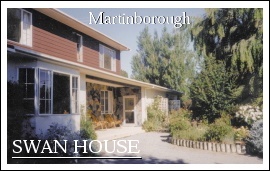
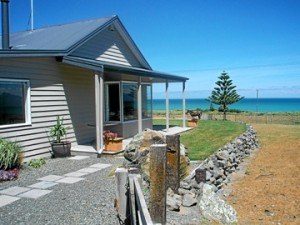
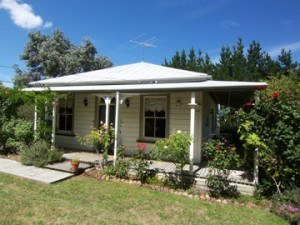

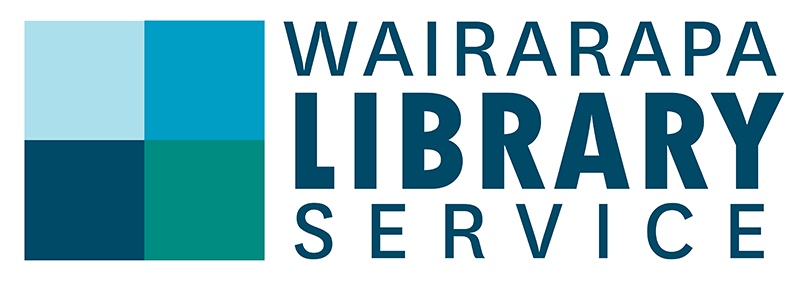


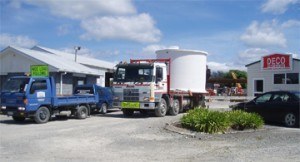
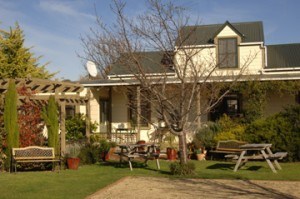

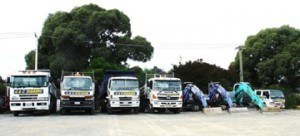
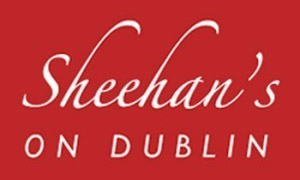
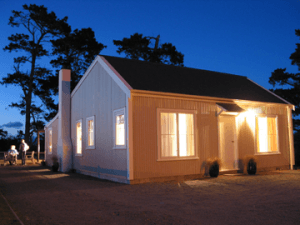
Recent Comments